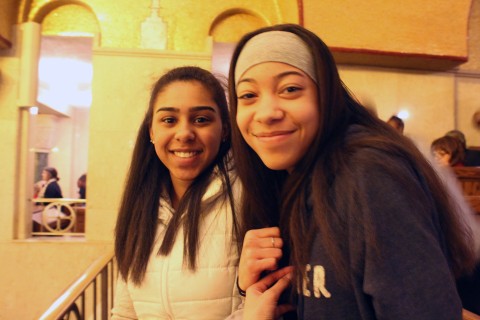NCC draws faith groups to antiracism event
The ecumenical National Council of Churches has also launched a Truth and Racial Justice Initiative, “a nationwide accounting of how churches and their leaders have been complicit in, and have perpetuated, racism in America.”

In one of the largest events ever planned by the National Council of Churches, more than a thousand people gathered in Washington, D.C., on April 4 for the ACT to End Racism rally, seeking to “awaken, confront, and transform” society.
The NCC, an ecumenical network of 38 church groups, including mainline Protestant, Orthodox, black Protestant, and Quaker denominations, planned the demonstration to commemorate the 50th anniversary of Martin Luther King Jr.’s assassination.
“It was Dr. King who talked about the three evils that stand in our way, and we can call them the three weapons of mass destruction,” said Toussaint King Hill Jr. pastor of West Hunter Street Baptist Church in Atlanta and a cousin of King. “We can say racism. We can say economic inequality, and we can say militarism. Those three evils still permeate our land.”





